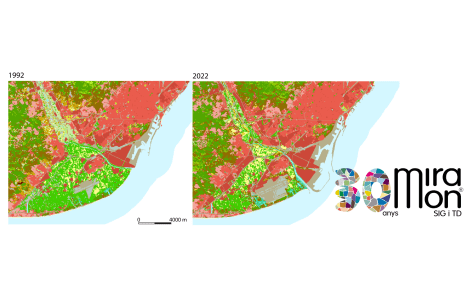BeWater Project Local Policy Forum in the Tordera River Basin

On Tuesday 24 January, the final local event of the BeWater project, a European project coordinated by CREAF was celebrated in Sant Celoni (Vallès Oriental).
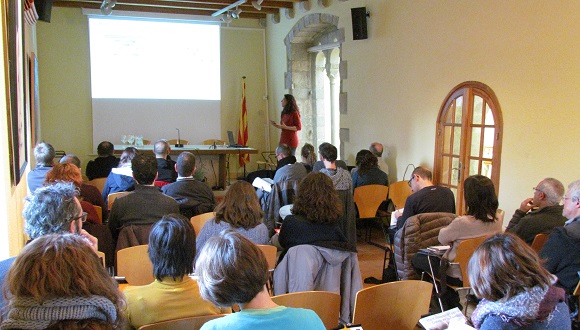
Initially, the BeWater project coordinator, Anabel Sanchez, presented the process of project development in the Tordera basin, which has developed one of the four plans produced within the project along with three others in Cyprus, Slovenia and Tunisia, as well as the methodologies and the approaches used.
Then Annelies Broekman, responsible for the Tordera case study, presented the final results of the project: the 33 actions included in the Tordera River Basin Adaptation Plan, in which scientists, managers and a wide range of people and groups related to the basin have contributed to.
In order to jointly assess the process and methodology used during the years that the project lasted, Marta Miralles (Sant Celoni Municipality) Roser Maneja (ICTA-UAB Observatory and the Tordera) and Daniel Guinart (PN and RB Montseny, Barcelona Provincial Council) gave voice to the experience and tried to explore how to follow up on the work carried out in the Tordera river basin and in particular on the management options developed.
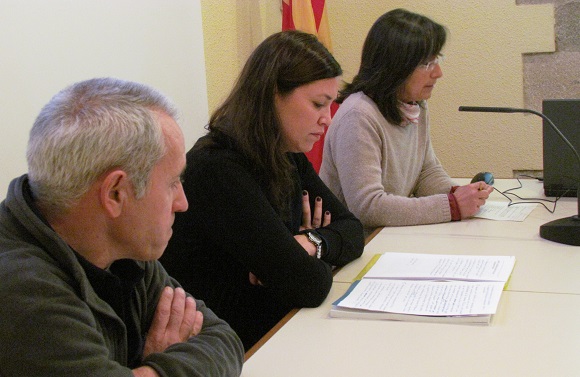
During the event, Arnau Queralt, director of the Advisory Council for Sustainable Development (CADS) of the Generalitat of Catalonia, structured the context of the current climate change policy and stressed the importance of projects such as BeWater, aimed at promoting an active role of science and society in the design of adaptation strategies. These perspectives framed the roundtable Ramon Rabella (Technical Office for Climate Change and Sustainability of the Barcelona Council), Toni Munné (Head of the Department of Water Quality Control of the Catalan Water Agency) Francesc Camps (Researcher at the Research and Technology of Food and Agriculture- Mas Badia and Secretary of the Community of Water Users of Lower Ter), Gabriel Borras (Adaptation area of the Catalan Office of the Climatic Change) and Arnau Queralt opened the debate with the public on what issues may be key to the implementation of the Adaptation Plan for the Tordera river basin, how can the different organizations be involved in BeWater collaborate in the implementation of the Plan, and which potential of transferability have the process, the methodologies used and the results generated.
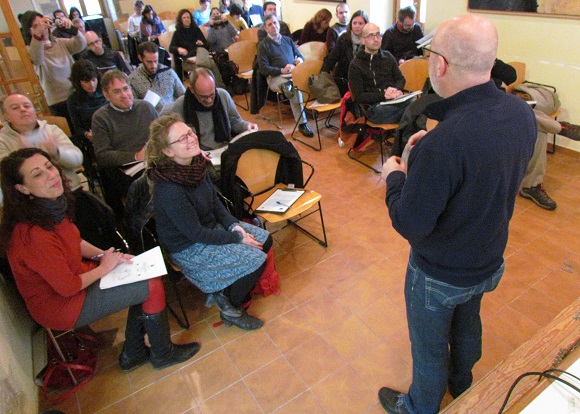
All participants responded with enthusiasm and positive evaluations of the process and its results, making clear that projects such as BeWater are useful and that society has the capacity, interest and the need to participate actively in the development of activities aimed at reducing their vulnerability to the impacts of climate change. The summary of the event can be downloaded following this link.
This event concluded the activities in the Tordera basin and the rest of BeWater project activities end in March. Before this date, the project partners will have presented the results in Brussels adding recommendations that should be followed by those in charge of designing policies to cope with global changes at European level. Finally, during 7th and 8th of March an international river basin adaptation conference will take place in Slovenia, to share experiences and identify best-practices on science-society interactions for river basin management and climate change adaptation.
Noticias relacionadas
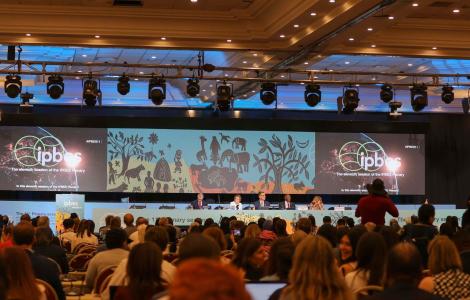
El IPBES publica dos informes para transformar la forma en que nos relacionamos con la naturaleza, conservarla y sobrevivir
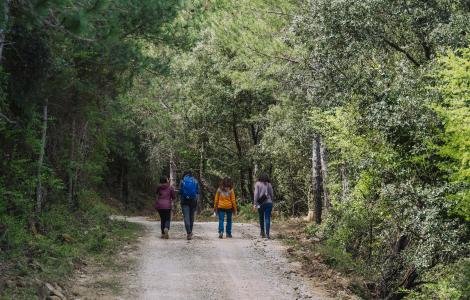
El impacto social de la investigación se consolida en la cultura científica del CREAF
